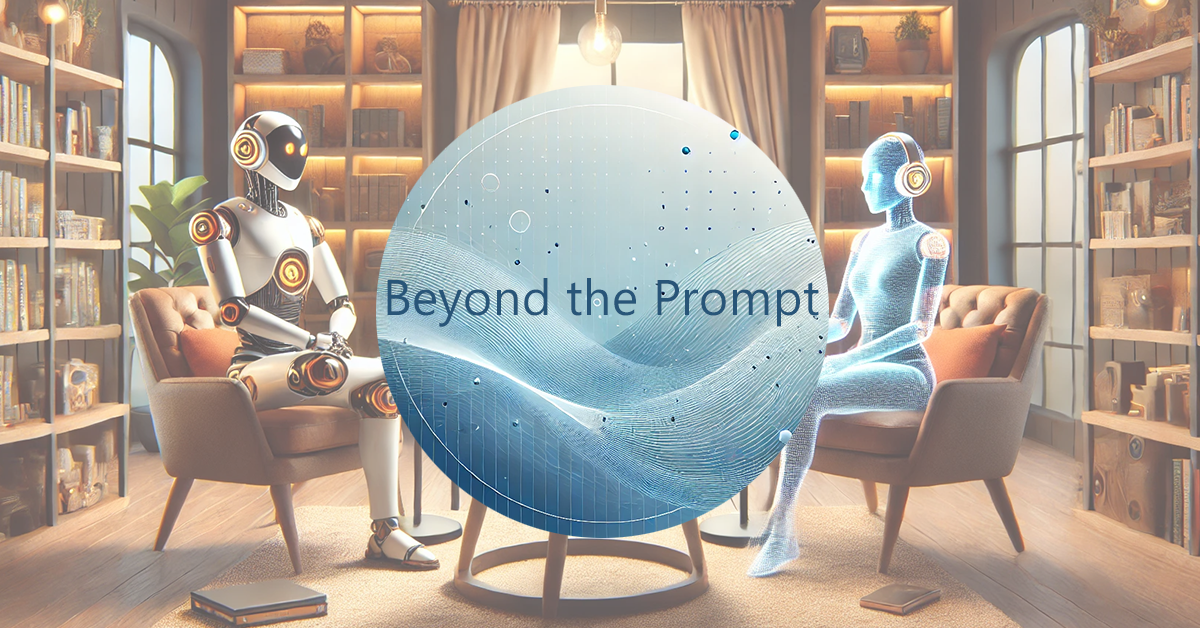In our latest Beyond the Prompt episode, we dive into the fascinating paper, “Generative Agent Simulations of 1,000 People,” by Joon Sung Park et al. This research pushes the boundaries of AI-driven human behavioral simulation, offering an innovative generative agent architecture built on large language models (LLMs). These agents emulate the attitudes and behaviors of real individuals, drawn from in-depth interviews and validated against social science benchmarks.
What’s the Buzz About?
The paper discusses creating a “virtual laboratory” of 1,052 generative agents, each modeled on real-life individuals. These agents were developed using qualitative interviews and evaluated across tasks like the General Social Survey, personality trait predictions, and behavioral experiments. Notably, the agents achieved impressive results—replicating human behavior with an 85% accuracy compared to the participants’ own consistency over time. Beyond performance, the study highlights how the approach reduces biases across demographic and ideological groups.
Key Highlights from the Discussion
-
Interviews as the Foundation: Using two-hour interviews as a primary data source provides a richer, more nuanced picture of individuals compared to standard demographic profiles. This approach enables the agents to simulate specific attitudes and behaviors in diverse contexts.
-
Validation Across Disciplines: The agents were tested with well-known frameworks like the Big Five Personality Inventory and behavioral economic games, providing robust benchmarks for their accuracy.
-
Reducing Bias: The study demonstrates how interview-driven agents significantly outperform demographic-based models in reducing biases, making them more equitable across subgroups like race, gender, and political ideology.
-
Applications Galore: From policymaking to understanding societal shifts, this research opens doors for deploying AI in social science and beyond.
Why Should You Care?
This episode explores not only the technical aspects of the research but also its societal implications. As we navigate the intersection of AI and human representation, projects like this force us to reflect on the ethics and potential of simulations in decision-making and research.
Watch the full episode on YouTube to join the discussion, and don’t forget to share your thoughts in the comments. Let’s explore the future of human-AI interaction—beyond the prompt!
Read the arXiv paper.

